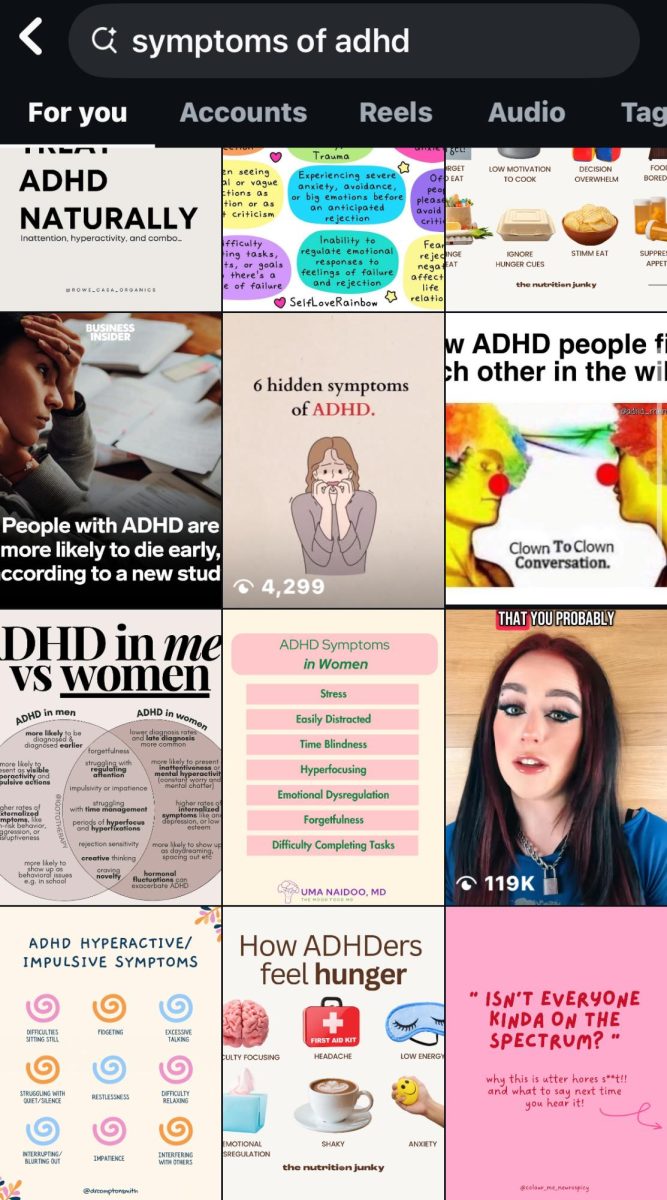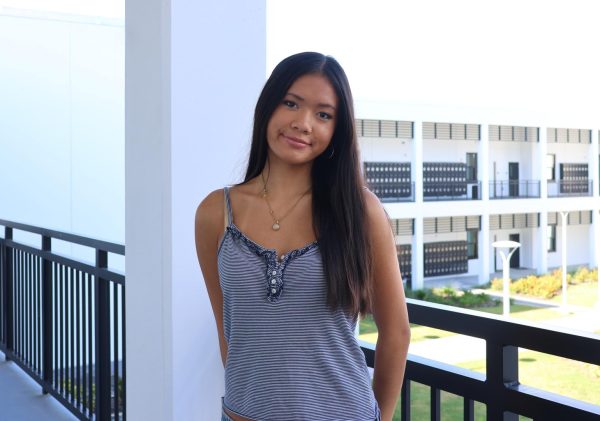If I hear another person tell me they have an undiagnosed mental illness, I will flip out. Every teenage girl somehow has ADHD, OCD or anxiety. And of course, almost all the time, this “diagnosis” is done by themselves.
With social media preying on the naive and easily influencing our everyday thinking, it isn’t rare to be convinced that we are something we aren’t. There is a culture online that pushes young individuals to feel okay about being different from others. And social media platforms only help to bring people who relate to one another together. While this is typically a positive thing as it allows a safe environment for teenagers, it can go too far where people are aligning themselves with information that isn’t fact-checked.
As a person who spends a lot of my free time on social media, I don’t always check if the account is trustworthy. There is so much information out there, and no one bothers to filter what is actually correct. Instead, we see a video that has symptoms we relate to and automatically correlate this to ourselves.
The problem has even reached the point of affecting relationship styles. Every girl is reposting on TikTok about how they are “avoidant attachment” or their commitment issues circle back to the dynamic of their parents’ relationship. The truth is that some of this information is true, but we need to do better research.
Instead of using TikTok, Instagram or any other social media platform as our primary source of news and information, we need to be exploring more reliable sources. Not only websites that are scholarly or specialized in psychology, but even seeking out real professionals if you are really interested in getting diagnosed. Obtaining true judgment on our diagnoses shouldn’t be used as a “quirk,” but we must realize these are real illnesses that people suffer from. The next time you joke about having “undiagnosed ADHD,” think about those who actually struggle from it and don’t just benefit from the name.


